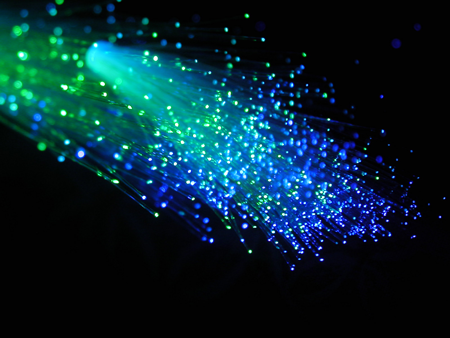29
Sep

Are you trying to make a decision between copper and fibre optic cabling for your network? Not a simple task, however the fact is that fibre optic products have entirely revolutionized communications over the past few years. Perhaps this statement alone is not enough to convince you. You certainly want all the facts. Well, read on as we have prepared a simple guide on fibre optic products and their advantages and applications.
To begin with, we will explain what fibre optic products are and how they differ from metal wiring. Since the creation of the telegraph and the electromagnet in the 1820s, electrical wiring has used copper. This really made sense since copper featured:
Each of the above characteristics are perfect for electrical applications, but when it comes to telecommunication and network applications, it turns out copper is not necessarily the best and only choice. The better option here are fibre optic products. These products are made out of plastic or glass strands, each slightly thicker than human hair, utilized to transmit light.
When compared to copper, fibre optic products are much more secure and efficient for network applications. These cables can transmit more information with a greater degree of precision over greater distances. Because they are made of glass, fibre optics are not so good for conducting electricity, but that is not a bad thing if you are sending data instead of electricity.
Fibre optic products remove the need for grounding what makes them resistant to any electrical interference. Since these products are so resistant to atmospheric conditions and interferences, they can be used outdoors without any concern. Fibre optics are also highly resistant to corrosion as well. As a result, they can be put in direct contact with soil or close to chemicals without being damaged.
The biggest benefit of fibre optic products is that they can not cause an injury from fire, electrocution or sparking because they use light and not electricity. However, you still should still be cautious when operating with optic fibres.